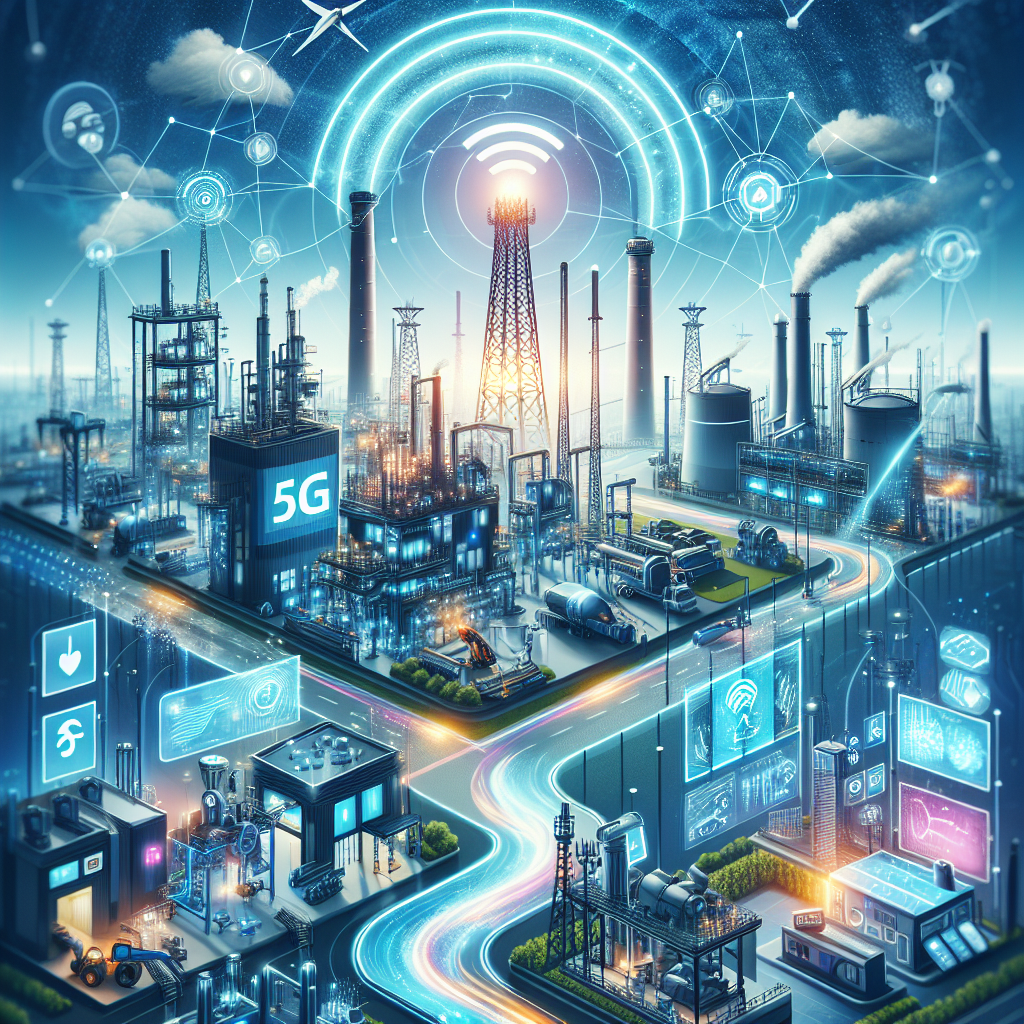Introduction to 5G Technology
5G technology, the fifth generation of mobile networks, promises to transform industries through its unprecedented speed, reduced latency, and enhanced connectivity. As it continues to roll out globally, the impact of 5G is becoming apparent across various sectors. In this article, we delve into how 5G is reshaping industries and driving innovation.
1. Enhanced Manufacturing Processes
The manufacturing industry is witnessing a revolution with the adoption of 5G technology. This high-speed network facilitates real-time monitoring of production lines and supply chains. The impact includes:
- Increased Automation: 5G enables seamless communication between machines, allowing for more automated and efficient operations.
- IoT Integration: With 5G, IoT devices can communicate faster and more reliably, leading to data-driven decision-making.
- Remote Maintenance: Technicians can monitor machinery remotely, reducing downtime and maintenance costs.
2. Transforming Healthcare
In healthcare, 5G technology is set to revolutionize patient care and telemedicine. The main impacts include:
- Telemedicine Advancements: High-speed connections allow for high-quality video consultations, making healthcare more accessible.
- Real-time Health Monitoring: Wearable health devices can transmit data instantaneously to healthcare providers, improving patient outcomes.
- Surgical Innovations: Surgeons can perform remote surgeries with robotic systems thanks to low latency.
3. Smart Transportation Systems
5G is also a game changer in the transportation industry. Key effects include:
- Autonomous Vehicles: 5G supports the communication needs of self-driving cars, enabling them to navigate safely and efficiently.
- Traffic Management: Real-time data collection allows for better traffic management and reduced congestion.
- Connected Infrastructure: Roads and traffic signals can communicate with vehicles to enhance safety and efficiency.
4. Impact on Retail
The retail industry is leveraging 5G to enhance customer experiences and streamline operations. Significant impacts include:
- Augmented Reality (AR): Retailers can offer AR experiences in-store to engage customers.
- Seamless Payments: Fast, reliable connectivity facilitates quicker transactions, improving customer satisfaction.
- Inventory Management: Enhanced connectivity improves real-time inventory tracking and replenishment.
5. Financial Services Evolution
5G is also influencing the financial services sector. The main changes include:
- Instant Transactions: Faster network speeds enable instant fund transfers and real-time trading.
- Improved Security: With enhanced connectivity, banks can deploy more robust security measures against fraud.
- Enhanced Customer Service: Customers can enjoy better, seamless service through advanced mobile banking applications.
Conclusion
The impact of 5G technology on various industries is profound and far-reaching. As businesses adopt this innovative technology, they are not only enhancing their operations but also driving economic growth and innovation. The future with 5G looks promising, poised to deliver benefits that will shape our world for years to come.





